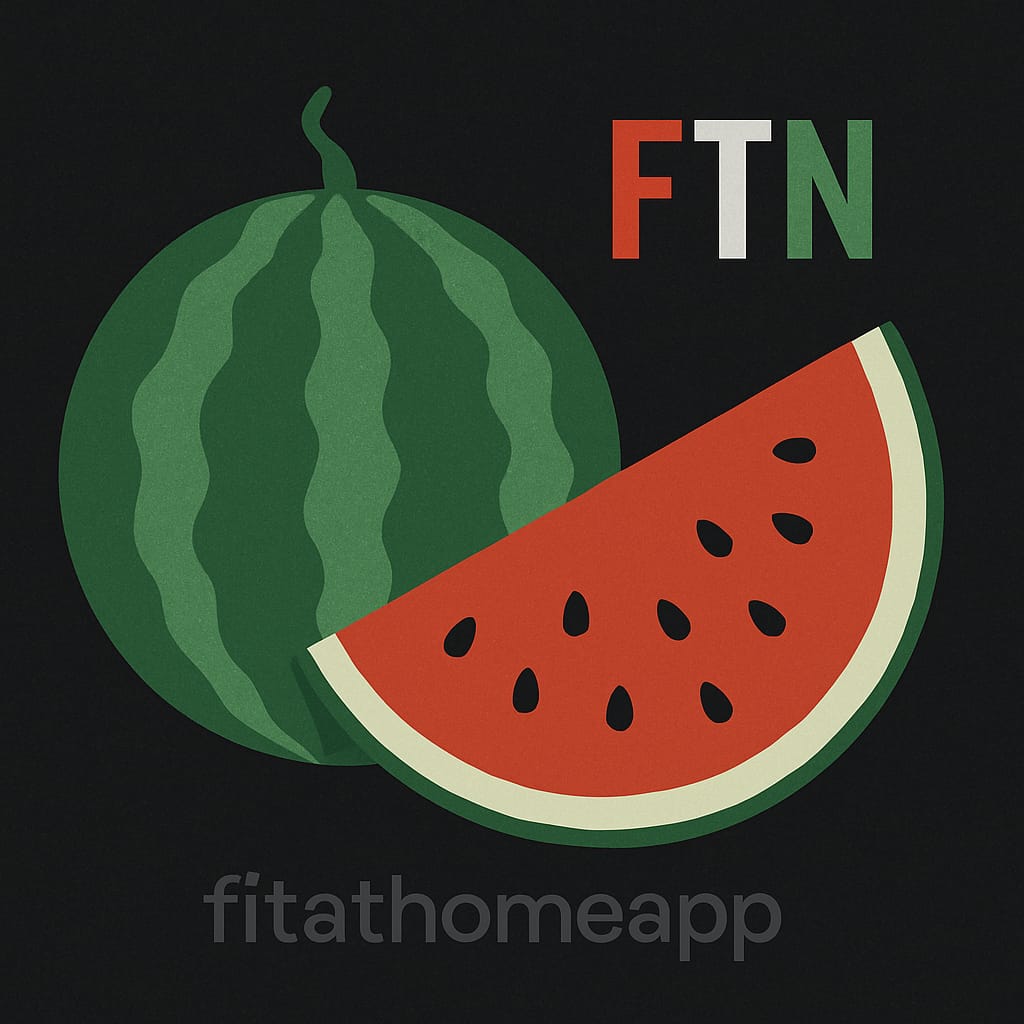1)watermelon recipes culinary appeal
When it comes to refreshing fruits, watermelon undoubtedly stands out as a global favorite. Its vibrant red flesh, sweet taste, and juicy texture make it a popular choice during hot summer months. But watermelon is more than just a delicious treat—it’s packed with health benefits, rich nutrition, and a fascinating history that spans cultures worldwide. In this article, we’ll dive into what makes watermelon so special, from its nutritional profile to its role in global cuisine, and why millions of people love this natural wonder.
2) A Brief History of Watermelon and Its Role in Watermelon Recipes
Watermelon (Citrullus lanatus) is believed to have originated in Africa thousands of years ago. Archaeological evidence shows that ancient Egyptians were cultivating watermelon as far back as 5,000 years ago. It was valued not only for its sweet fruit but also for its ability to provide hydration in desert climates. Over time, watermelon spread across the Mediterranean and eventually made its way to Europe, Asia, and the Americas through trade and exploration. Today, it is grown in over 100 countries worldwide.
3)Nutrition Facts Behind Popular Watermelon Recipes
Watermelon is about 92% water, which makes it one of the most hydrating fruits available. But beyond just water, watermelon contains an impressive array of nutrients:
Calories: One cup of diced watermelon has just about 46 calories, making it a low-calorie snack.
Vitamins: It’s rich in vitamin C, which supports the immune system, and vitamin A, important for eye health.
Minerals: Watermelon provides potassium, which helps maintain proper fluid balance and supports heart health.
Antioxidants: The red color comes from lycopene, a powerful antioxidant linked to reduced risks of certain diseases.
Other Nutrients: Watermelon also contains small amounts of magnesium, vitamins B1, B5, and B6.
4) Health Benefits of Watermelon Recipes You Should Know

Hydration Hero
Thanks to its high water content, watermelon is perfect for staying hydrated. Proper hydration is essential for maintaining energy, brain function, and physical performance, especially in hot weather.Supports Heart Health
Lycopene, the antioxidant giving watermelon its red color, has been studied for its role in heart health. Research suggests that lycopene can help lower cholesterol and blood pressure, reducing the risk of cardiovascular disease.Anti-Inflammatory Properties
Watermelon contains compounds like cucurbitacin E and lycopene that may help reduce inflammation in the body. Chronic inflammation is linked to many diseases, including arthritis and certain cancers.Muscle Recovery
For athletes and fitness enthusiasts, watermelon offers benefits in muscle recovery. The amino acid citrulline found in watermelon may reduce muscle soreness and improve exercise performance.Skin and Eye Health
Vitamin A and C in watermelon contribute to healthy skin and eyes. Vitamin C aids collagen production, which keeps skin firm and elastic, while vitamin A supports vision and skin repair.
5) Why the World Loves Watermelon Recipes: Culinary and Cultural Appeal
Watermelon’s appeal extends beyond health. Its sweet, juicy flavor and crunchy texture make it a versatile ingredient in many cuisines:
Refreshing Summer Snack: Nothing beats a chilled slice of watermelon on a hot day.
Culinary Uses: From salads with feta cheese and mint to smoothies and desserts, watermelon fits into both sweet and savory dishes.
Cultural Celebrations: In some countries, watermelon is part of traditional festivals and seasonal celebrations.
Economic Importance: Watermelon farming supports millions of farmers worldwide and contributes to local economies.
6) Tips for Choosing the Best Watermelon for Your Recipes
Picking the Perfect Watermelon: Look for a firm, symmetrical fruit without bruises or dents. A creamy yellow spot on the rind indicates it ripened on the vine and will be sweeter.
Storage: Whole watermelon can be kept at room temperature for about a week. Once cut, store it in the refrigerator covered tightly to maintain freshness.
Serving Ideas: Chill before serving, cube for salads, blend into juices, or even grill for a smoky twist.
7) Environmental and Sustainability Considerations of Watermelon Recipes
Watermelon is relatively water-intensive to grow, but because it is mostly water, it’s also a hydrating food that can replace sugary drinks. Efforts are underway to improve watermelon farming methods to reduce water use and environmental impact.
8) Conclusion: Watermelon Recipes as a Natural Boost for Health and Wellness
Watermelon is much more than a tasty summer fruit. Its blend of hydration, nutrition, and health benefits, combined with a rich cultural history, makes it a true global wonder. Whether you enjoy it fresh, blended, or in creative recipes, watermelon offers a natural, delicious way to boost your well-being. Next time you bite into a juicy slice, remember you’re enjoying a fruit that’s been loved for thousands of years and continues to bring health and happiness to tables worldwide.
My Take on the Video: Exploring Watermelon Recipes and Their Health Benefits
The video “Does Watermelon Really Hydrate You?” speaks directly to athletes—especially runners—explaining how watermelon supports hydration through its high water and electrolyte content. It ties neatly in my article’s points about hydration, muscle recovery, and citrulline benefits.
Watermelon and Grapes in Nutrition and Culinary Delight
Watermelon and grapes are two of the most beloved fruits worldwide, celebrated not only for their sweet and refreshing flavors but also for their impressive health benefits. Both fruits are packed with hydration, antioxidants, and essential nutrients, making them ideal companions in a variety of culinary creations and a powerhouse duo for overall wellness. Exploring the relationship between watermelon and grapes offers insight into how these fruits complement each other, enhancing taste, nutrition, and enjoyment.
First and foremost, both watermelon and grapes share a high water content, making them excellent choices for hydration, especially during hot summer months. Watermelon is composed of about 92% water, which helps keep the body cool and replenished. Grapes, while slightly less watery, also offer significant hydration with their juicy flesh. Together, they create a hydrating duo that refreshes the body and supports vital functions such as digestion, circulation, and skin health. Their natural sweetness also means they provide a healthier alternative to sugary snacks or beverages.
Nutritionally, watermelon and grapes bring unique but complementary benefits to the table. Watermelon is an excellent source of vitamin C and vitamin A, which support immune function and eye health respectively. It also contains the amino acid citrulline, known for improving blood flow and muscle recovery, making it popular among athletes and fitness enthusiasts. On the other hand, grapes are rich in polyphenols, particularly resveratrol, a powerful antioxidant linked to heart health, anti-aging effects, and inflammation reduction. Grapes also provide vitamins C and K, along with minerals such as potassium and manganese, contributing to bone health and electrolyte balance.
The antioxidant profiles of watermelon and grapes are particularly noteworthy. Watermelon’s bright red color comes from lycopene, a carotenoid that has been associated with reduced risk of certain cancers and improved heart health. Grapes’ deep purple, red, or green hues indicate the presence of anthocyanins and other flavonoids, which combat oxidative stress and promote cardiovascular health. When combined, these fruits offer a rich spectrum of antioxidants that help protect cells, reduce inflammation, and support overall longevity.
Culinarily, watermelon and grapes are incredibly versatile and pair beautifully in numerous dishes. Their contrasting textures—watermelon’s crisp juiciness and grapes’ tender bite—create delightful contrasts in salads, smoothies, and desserts. For example, a refreshing summer fruit salad featuring watermelon cubes and halved grapes can be enhanced with a sprinkle of fresh mint and a drizzle of lime juice. This simple combination highlights the fruits’ natural sweetness and adds layers of flavor that appeal to all ages.
Beyond taste, watermelon and grapes fit well into global culinary traditions. In Mediterranean and Middle Eastern cuisines, fruit salads often blend watermelon with various berries and grapes, sometimes incorporating nuts and spices like cinnamon or sumac for added complexity. Grapes also find their way into savory dishes, such as roasted meats with grape compote, while watermelon can be grilled or pickled for unique flavor profiles. These creative uses underscore the fruits’ adaptability and cultural significance.
From a health perspective, consuming watermelon and grapes together may offer synergistic benefits. Their combined antioxidants can work more effectively to neutralize free radicals in the body. Additionally, the hydrating properties help maintain electrolyte balance and support kidney function, which is crucial for overall detoxification. For athletes or individuals with active lifestyles, this duo supports muscle recovery, reduces inflammation, and replenishes lost fluids, promoting faster healing and better performance.
In terms of accessibility, both watermelon and grapes are widely available year-round in many regions, though they peak during summer. Their affordability and ease of preparation—no peeling required for watermelon slices or grapes—make them convenient snacks for families and individuals alike. Plus, their natural sweetness means less need for added sugars, contributing to healthier eating habits.
Finally, incorporating watermelon and grapes into your daily diet is simple and enjoyable. Whether eaten fresh, blended into smoothies, tossed in salads, or used as toppings for yogurt and cereals, these fruits add color, flavor, and nutrition effortlessly. They are also kid-friendly, making them excellent choices for encouraging children to eat more fruit.
In conclusion, watermelon and grapes are a dynamic pair that complement each other perfectly in both flavor and nutrition. Their hydrating qualities, antioxidant power, and versatility in the kitchen make them essential components of a balanced diet. Whether you enjoy them as a refreshing snack on a hot day or as part of a gourmet dish, watermelon and grapes together provide a delicious, healthful boost that satisfies the palate and nourishes the body.

